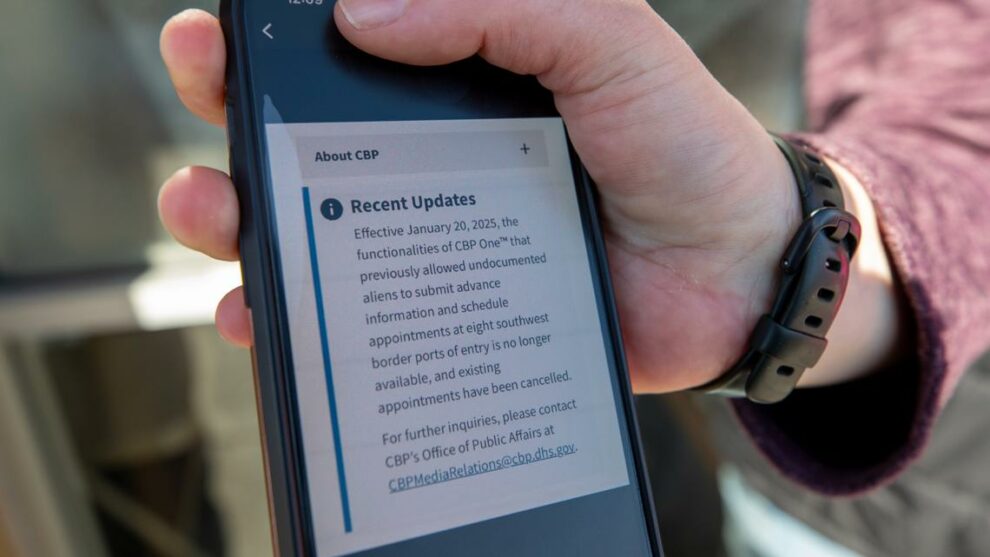The decision to end the app’s appointment functionality appears to be part of the new administration’s sweeping plans to overhaul immigration in the United States. During the Vice Presidential debate, now Vice President JD Vance claimed that an app existed that allowed illegal immigrants to schedule an appointment and be granted legal status in the US. However, this statement misrepresents the actual functioning of the CBP One app.
In fact, the Biden Administration’s use of the app had been criticized for significantly slowing down and complicating the asylum process, with some asylum seekers waiting up to six months for an appointment. Despite these challenges, the app had provided a organized and legal pathway for those seeking asylum in the United States.
The sudden removal of the appointment feature from CBP One has left many asylum seekers in a precarious position, with no clear guidance on how to proceed with their applications. Immigration advocates and legal experts have expressed concern over the lack of transparency and communication from the Trump Administration regarding this significant policy change.
As of the time of writing, both US Citizenship and Immigration Services and US Customs and Border Protection have not responded to requests for further information on the matter. The absence of a detailed plan or alternative mechanism for asylum seekers has only heightened the uncertainty and anxiety surrounding the future of the US immigration system under the Trump Administration.
The abrupt termination of the CBP One app’s appointment feature marks a significant shift in the United States’ approach to asylum seekers and immigration. The move has drawn criticism from immigration advocates who argue that it undermines the legal rights of those seeking refuge and protection in the country.
As the Trump Administration moves forward with its plans to reshape immigration policy, it is crucial that the rights and well-being of asylum seekers are not overlooked. The international community will be closely monitoring the situation, urging the United States to uphold its commitments to providing a fair and accessible asylum process in accordance with domestic and international law.
The future of the CBP One app and the broader landscape of US immigration policy remain uncertain in the wake of this sudden change. As the nation grapples with the implications of this decision, it is essential that policymakers, immigration advocates, and the public engage in a thoughtful and compassionate dialogue to ensure that the United States remains a beacon of hope and opportunity for those fleeing persecution and seeking a better life.
















Add Comment